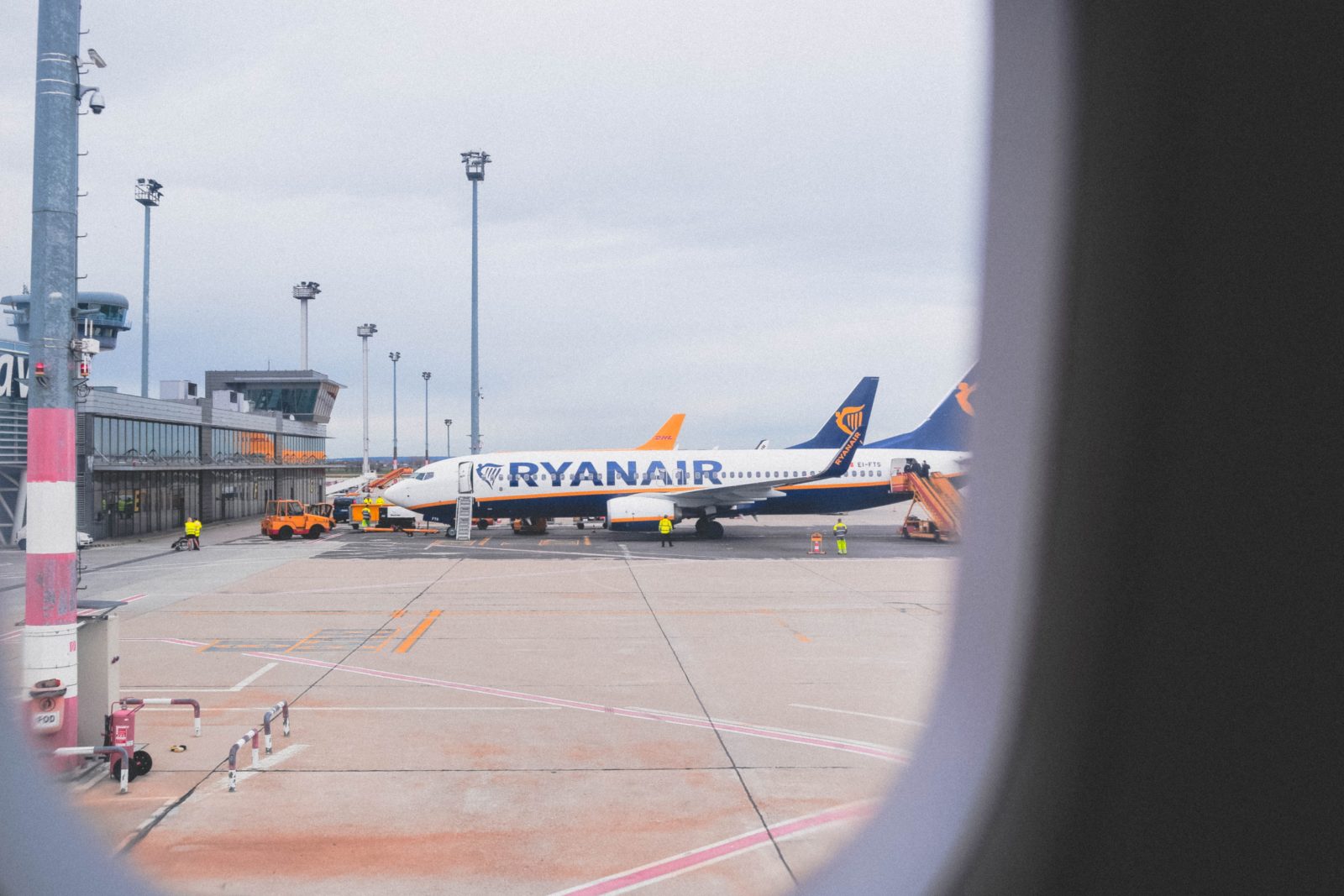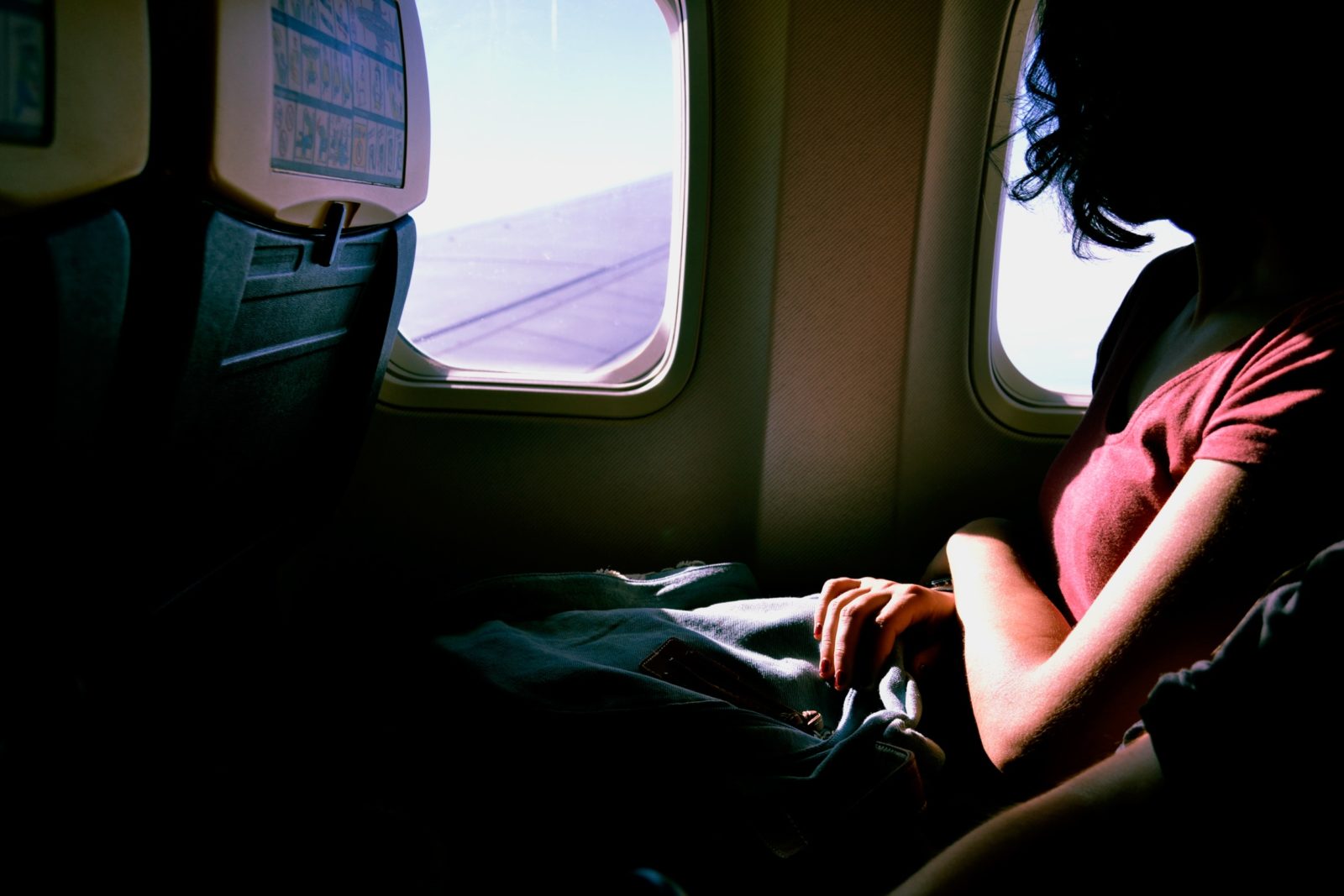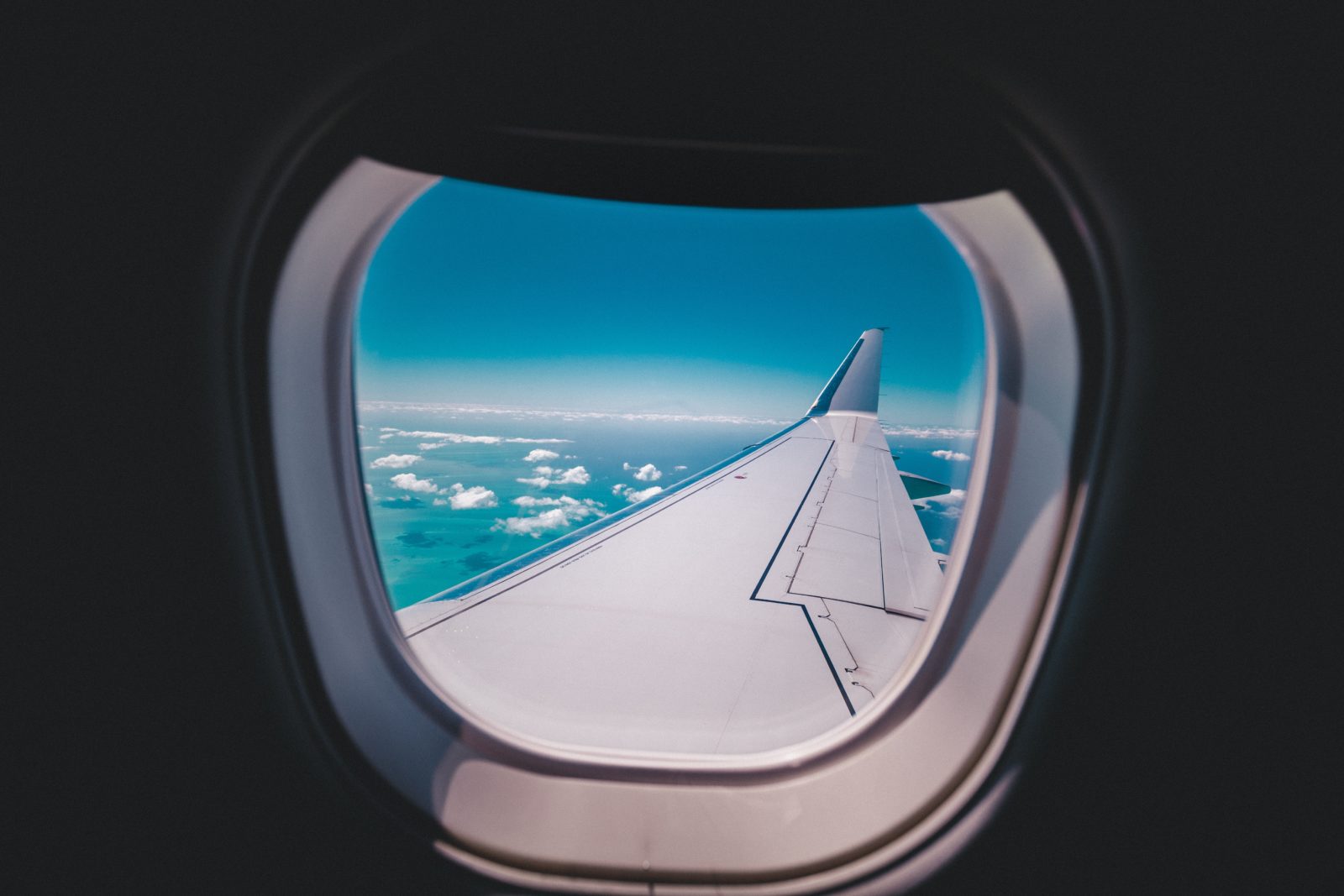For those with a Winter getaway planned, the recent scenes at Gatwick will have caused some dismay; will the post-Christmas pick-me-up be delayed, cut short or, heaven forbid, cancelled? But for those suffering from aviophobia, an even more morbid synopsis may have played out; the worst case scenario of all, a crash. It’s important, then, to be rational, so the start of your holiday goes as smoothly as possible; free of stress and full of excitement. With this in mind, here are 5 IDEAL ways to cope with a fear of flying.
GO EASY ON THE ALCOHOL
We’ve all felt the pull of the 9am airport pint; the start of the holiday marked ceremoniously with drink. Indeed, for the aerophobic, it can be especially tempting to reach for the booze in the airport or plane as a way to calm your nerves, but this can be problematic because it means you have less control over your imagination. What’s more, a low-pressure cabin will make you feel dehydrated, particularly when drunk, which can lead to nausea and being even more fearful; a toxic mix. Stick with water.
RATIONAL STATISTICS
You may have heard that flying is the safest form of transport, but it’s still worth reiterating. Yep, defying gravity at 35,000ft is safer than having four wheels firmly on terra firma. In fact, even if you flew every day for the rest of your life, you would statistically have to fly for 19,000 years straight before encountering a fatal accident.
This is far less likely than a train, truck, boat and especially a car, so just remind yourself how much safer you are while flying, to put things in perspective.
PRACTICE DISTRACTION TECHNIQUES
This might sound crazy but remember to take a pen and paper with you on your flight. When you start to feel the fear creeping in, the idea is to start writing down your name over and over again with your non-dominant hand (the hand you don’t usually write with). Because you’re writing something different and you’re causing your brain to think in a different way than it does normally, this is a great way to distract your brain, and even clear the feelings of fear completely. This is just one of many distraction techniques you can use when in the air to have a more peaceful flight.
IFR & HUMAN ERROR
Another important aspect to bear in mind when flying is that automation is now combined with a pilot’s innate ability like never before, to eliminate human error and the possibility of technological failure. Nowadays, the majority of planes are flown using computers and instruments, and pilots actually do not a lot of work. Of course, they need to be trained and present in order to make sure everything flies properly, but they no longer fly planes using visual flight rules.
Remind yourself this when you’re flying since a common fear is something like the pilot falling asleep or pressing the wrong button, which is extremely unlikely to happen. Research instrument flight rules information for further peace of mind.
ENJOY IT
Perhaps the greatest piece of advice is that you should enjoy your time in the air. To put it simply, rarely are we granted hours of undisturbed sitting time, with people bringing us drinks and food as and when we wish, and hours of entertainment at our finger tips. So although it may sound difficult if you’re afraid of flying, it can be useful to embrace the experience and make the most of it, in order to fight off the fear.








